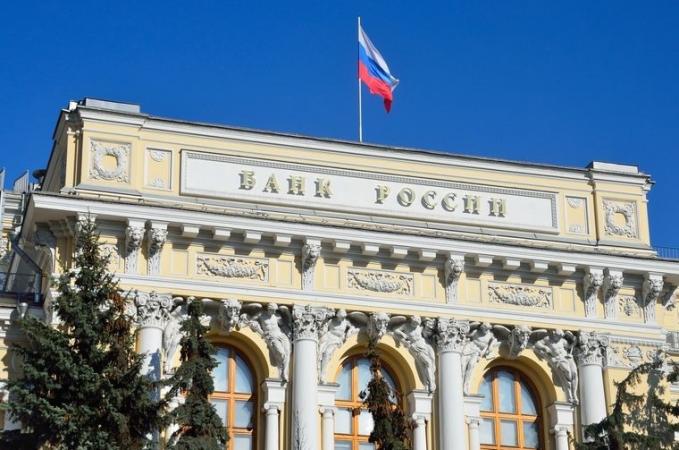UK intel: Russia struggles to curb inflation as bankruptcies likely to surge


The UK Defense Ministry reported in its 12 April intelligence update that Russia’s economic situation shows growing signs of strain, potentially threatening its ability to maintain high levels of defense spending.
On 21 March 2025, the Central Bank of Russia (CBR) decided to maintain its key interest rate at 21%, the highest level in over two decades. According to the UK Defense Ministry, this represents a dramatic increase from the pre-war interest rate of 8.5% in January 2022.
The intelligence update notes that “while interest rates remain high, the number of corporate bankruptcies will highly likely increase in Russia,” suggesting growing pressure on the domestic business environment.
In November 2024, the Russian ruble has experienced significant volatility, with the ruble depreciating to its lowest rate since the beginning of Russia’s 2022 invasion of Ukraine, reaching 114 per US dollar. However, the UK Defense Ministry notes that the currency has since appreciated to 81 per US dollar in March 2025.
“The appreciation of the ruble will highly likely reduce federal revenues from oil and gas, in ruble terms, increasing pressures on the federal deficit,” the report reads.
Despite the strengthening ruble, inflation continues to rise. The intelligence update reports that inflation increased to 10.1% in February 2025, up from 8.5% in October 2024, when the current 21% interest rate was introduced.
The UK Defense Ministry attributes the persistent inflation to “labour shortages, alongside high levels of government spending,” which “almost certainly mean inflation will remain above the CBR’s target of 4 percent through 2025.”
The report concludes that”long term inflationary pressure will highly likely exacerbate pressures on Russia’s ability to sustain high defence spending.“
Related:
- Hungarian OTP Bank sees 40% profit surge in Russia
- ISW: Russian military recruitment surpasses targets due to financial incentives and prison recruitment
- ISW: Poll shows Russians increasingly support war on Ukraine despite economic toll
- EU 16th sanctions package against Russia targets shadow fleet, banks, media outlets, third-country trade
- Reuters: Russian authorities see rising economic risks, internal reports show
Source link



